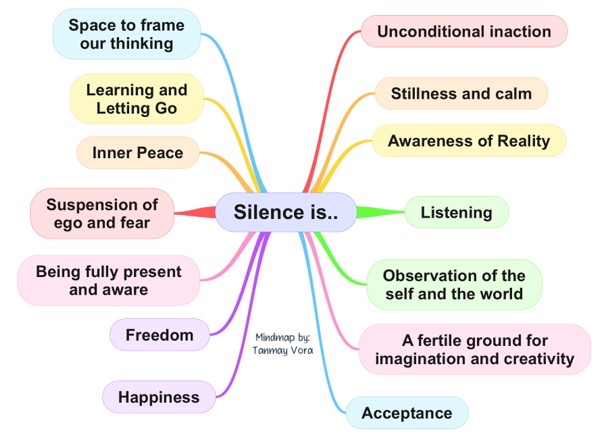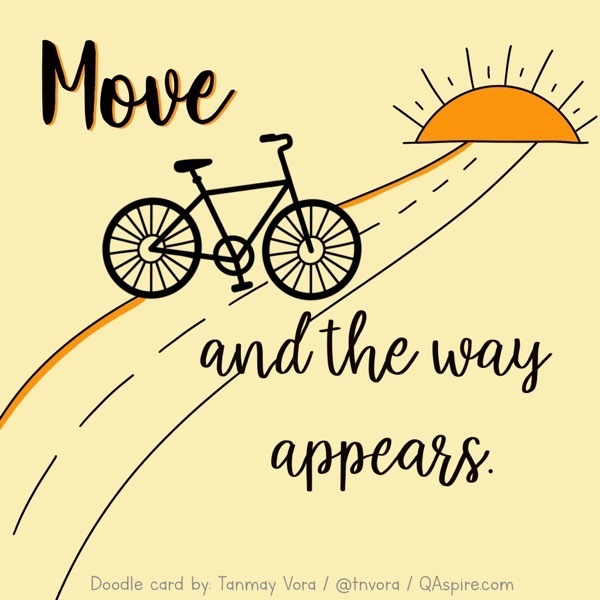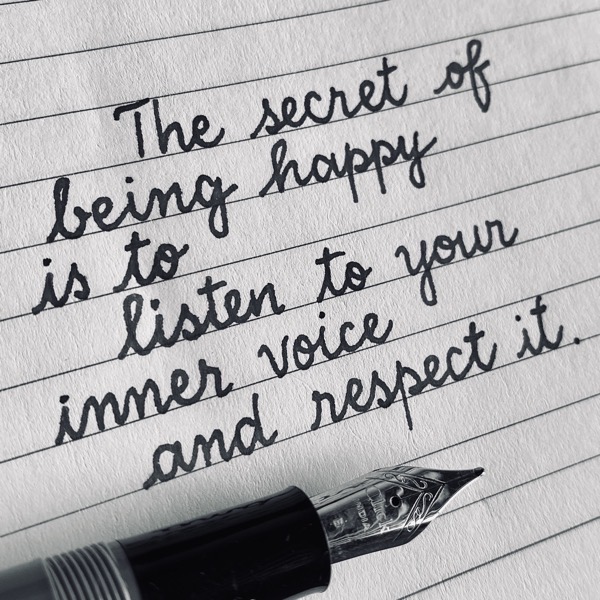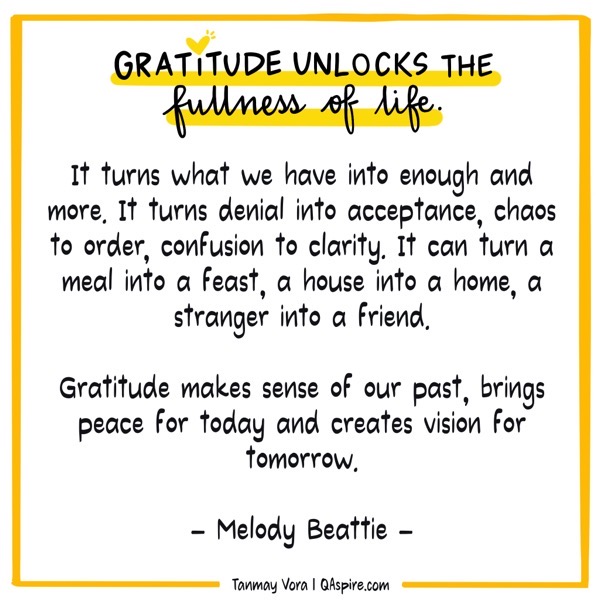Writing a blog for over 16 years is a deliberate practice.
Working out several times a week is deliberate practice.
Creating sketchnotes consistently for 8+ years is a deliberate practice.
Keeping track of my financials with a goal to be debt free was a deliberate practice.
Before we delve into the mechanics of deliberate practice, consider this recent example:
In May of 2023, I hit a wall. I had elevated blood sugar level. My dad’s by-pass surgery and growing a new business added to my stress and anxiety. I had to do something about it.
I broke my need to improve health into a few areas:
- Stop the damage through medicines and immediate lifestyle changes
- Join a Diabetes reversal program that came with nutritional guidance, medical guidance and a continuous glucose monitor attached to my bloodstream.
- Getting a gym membership
- Committing to better sleep schedule (which in turn would manage stress as well)
These were the first steps, but I needed to be consistent at following the lifestyle changes in the weeks/months to come.
Deliberate practice is about being disciplined and intentional. I got a few sheets of paper, drew columns and started tracking a few essentials:
- Diet intake (simple pen and paper journal of eating pattern that was required for CGM)
- Exercise (day wise exercise minutes, active calories burn, workout type etc). My Apple watch measured it all, but the act of writing the vitals elevated my consciousness.
- Sleep (sleep timing, restful sleep, sleeping heart rate etc)
Writing these simple things on a piece of paper became my end-of-the-day ritual that kept me focused and conscious.
Knowing I missed a few days at gym encouraged me to go. Seeing myself going off track with diet brought me back to being disciplined. I avoided taking late night work calls so that I could sleep on time. All this because I was accountable to a piece of paper. I was able to notice the patterns and course-correct my actions accordingly.
CGM was taken off in two weeks but this practice of writing and journaling continued for three months. These actions, that seemed to weigh me down initially, started becoming a habit. Any significant improvement will always come with some degree of discomfort initially. In fact, you have to step out of your comfort zone if you want to learn anything new.
When habits are formed (i.e. acting without being conscious about it), you no longer need to write. Moreover, jounaling could be something as simple as a checklist of activities/behaviors that you can tick off at the end each day.
“Whatever you pay attention to develops.”
The process worked. My blood sugar markers returned to normal and medicines were gradually reduced and then stopped.
Deliberate practice is deliberating (thinking) on our practices (behaviours/actions) with focus on improvement. High-performing atheletes/professionals do this all the time. High-performing organizations measure right things. We should be no different.
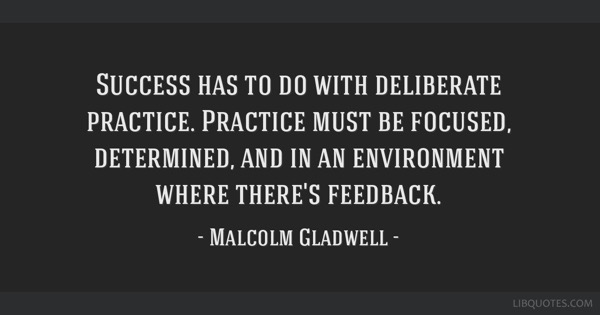
It is about being intentional and systematic about improvement through:
- Breaking down the overall process into parts
- Knowing what needs improvement within those parts
- Creating a system (including coaching if required) to track improvement and be accountable
- Active and conscious pursuit of improvement through right actions
- Jounaling/measuring to see the progress, notice behavioral patterns and building accountability to yourself
- Aligning your actions based on feedback from metrics, patterns and what you learn from it.
- Repeating and improving until repetitive behavior becomes a habit.
If you want to raise your consciousness about anything you wish to improve upon, try practicing it deliberately. It works!
4/366

